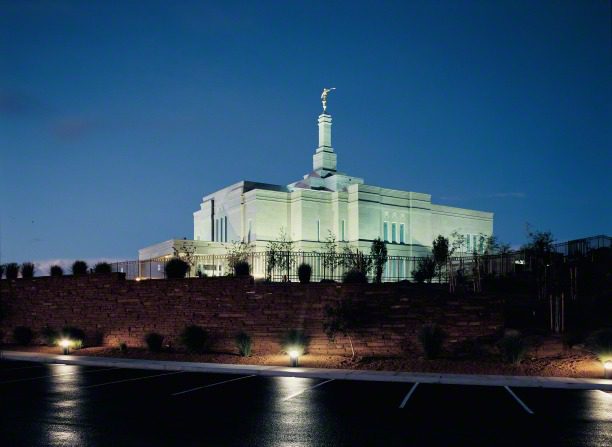
As I continue to read David Brooks, The Second Mountain: The Quest for a Moral Life (New York: Random House, 2019), I’m struck by how much of his discussion about “commitments” seems to mirror Latter-day Saint thinking about “covenants,” and by how well a committed Latter-day Saint life matches the kind of life (on his “Second Mountain”) that he is commending to his readers:
A commitment isn’t just love and a promise, of course. It is love and promise put under law. In living out a commitment, each party understands the fickleness of feelings, so they bind their future selves to specific obligations. Spouses love each other, but they bind themselves down with a legal, public, and often religious marriage commitment, to limit their future choices for those times when they get on each other’s nerves. Curious people may read books, but they also enroll in universities to make sure they follow a supervised course of study for at least a few years into the future. Spiritual people may experience transcendence, but understand that for most people spirituality lasts and deepens only if it is lived out within that maddening community called institutionalized religion. Religions embed the love of God in holidays, stories, practices, and rituals, and make them solid and enduring. (56)
Our commitments give us our identity. They are how we introduce ourselves to strangers. They are the subjects that make our eyes shine in conversation. They are what give our lives constancy and coherence. As Hannah Arendt put it, “Without being bound to the fulfillment of promises, we would never be able to achieve the amount of identity and continuity which together produce a ‘person’ about whom a story can be told; each of us would be condemned to wander helplessly and without direction in the darkness of his own lonely heart, caught in its ever-changing moods, contradictions, and equivocalities.” Identity is not formed alone. Identity is always formed by joining a dyad with something else. (57)
Our commitments give us a sense of purpose. (57)
Our commitments allow us to move to a higher level of freedom. . . . You have to chain yourself to the piano and practice for year after year if you want to have the freedom to really play. You have to chain yourself to a certain set of virtuous habits so you don’t become slave to your destructive desires — the desire for alcohol, the desire for approval, the desire to lie in bed all day.
As the theologian Tim Keller puts it, real freedom “is not so much the absence of restrictions as finding the right ones.” (58)
Our commitments build our moral character. . . .
Character is not something you build sitting in a room thinking about the difference between right and wrong and about your own willpower. Character emerges from our commitments. If you want to inculcate character in someone else, teach them how to form commitments — temporary ones in childhood, provisional ones in youth, permanent ones in adulthood. Commitments are the school for moral formation. (59)
These passages from David Brooks and his sources remind me of still other passages from other writers:
Martin Luther, for instance, having spent his early years as a monk and a celibate priest before he married the former nun Katherine Von Bora, viewed marriage as a school of character, in which God uses the challenges of daily family life and childrearing to sanctify us. Luther’s famous biographer Roland Bainton put it this way:
In this sense it displaces the monastery, which had been regarded by the Church as the training ground of virtue and the surest way to heaven. Luther in rejecting all earning of salvation did not exclude exercise in fortitude, patience, charity, and humility. Family life is exacting.
And here’s a passage from Johann Wolfgang von Goethe that has long stuck in my mind:
„Es bildet ein Talent sich in der Stille, ein Charakter in dem Strom der Welt.“
Talent is nurtured in solitude, but character is formed in the currents of the world.
And, finally, a thought from the pre-Socratic philosopher Heraclitus:
ἦθος ἀνθρώπῳ δαίμων
Character is destiny.
Posted from Phoenix, Arizona












